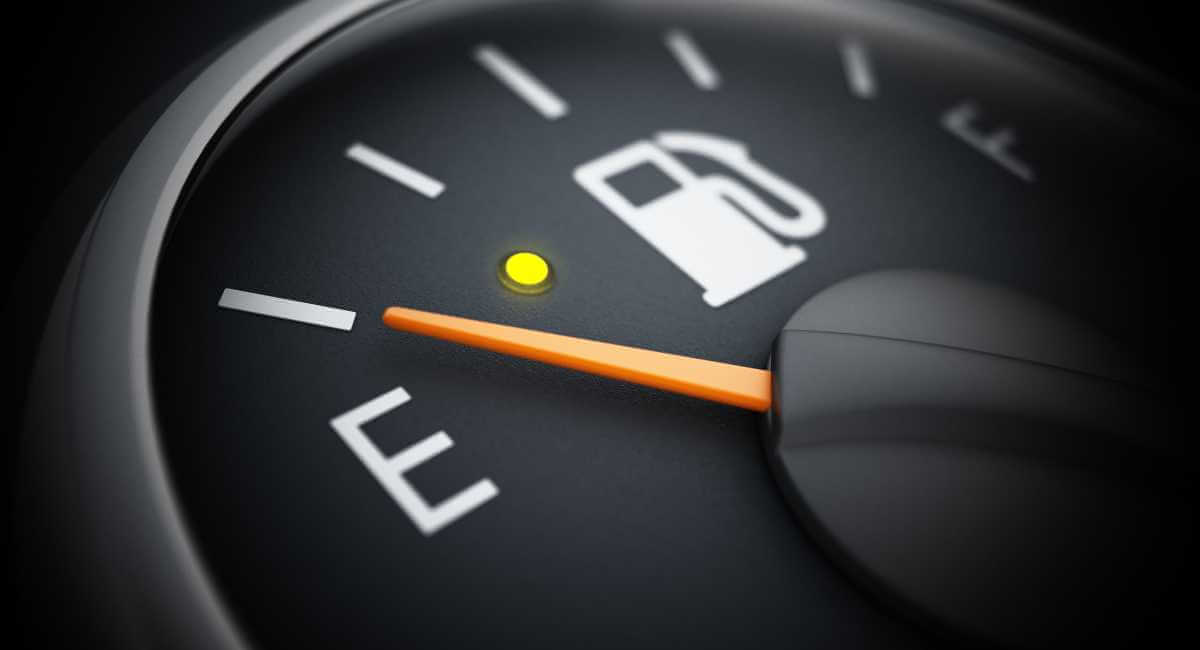Top Tips for Buyi...
Aug 11, 2025

Many drivers are concerned about fuel economy, particularly in light of rising gasoline prices and ageing automobiles. However, you don't need to buy a new automobile to get higher gas mileage. Just be aware of the auto services that can be of assistance.
The routine auto maintenance procedures like changing the engine oil and gearbox fluid, replacing the spark plugs, cleaning the fuel injection system and replacing damaged oxygen sensors are the ones that help your car use less gasoline. Together, these maintenance maintain your car's performance and help it regain its pre-new fuel efficiency.
You may learn more about the specific auto services you can obtain to increase your car's fuel efficiency in the sections that follow.
So, it's a good thing if you wish to improve your car's fuel efficiency. However, there is something you need to keep in mind before you spend your hard-earned money on goods or accessories that promise to increase mileage.
Your car is already designed to have the best potential fuel economy. This is especially true for modern automobiles, which must meet strict requirements for fuel efficiency.
All cars inevitably lose some of that efficiency over time, but here's something you should be aware of. Before you go anyplace else with your money, be aware that by paying for these necessary auto services, you can increase fuel efficiency:
Maintaining frequent fluid changes for your car is one of the best things you can do to optimise its fuel economy. Your car will continue to function exactly as it was intended to if you maintain your gearbox fluid and engine oil clean.
The most vital moving parts in your car require the proper lubrication, which is provided by gearbox and engine oils. Unfortunately, they eventually become dirty and lose part of their lubricating properties.
As a result, part of the power that should be transferred to your wheels is lost to friction.
Your engine and gearbox will have the lubrication they need to function at their best if you change your fluids on schedule and without delay. Your car's fuel economy will increase as a result of the engine not wasting energy on friction.
Depending on the type of fluids you use and when you last changed them, you should change them every so often. When you had your car's oil and gearbox fluid changed last, the mechanic likely put a reminder sticker on your windscreen as a reminder.
Fuel economy begins with getting the fuel into the combustion chambers of your engine, where it can be burned off quickly. When any part of the process doesn't go as well as it should, your car's fuel economy suffers.
The fuel injectors are one area that always gets dirty over time. They frequently develop carbon deposits that reduce their efficiency by impairing their capacity to spray gasoline into the engine at the appropriate intervals.
To restore your vehicle's fuel economy, you can also use fuel injection cleaning services.
It is only necessary to clean the fuel injection system every 40,000 to 50,000 km. The service will immediately clean the injectors and test them to ensure optimal flow, enhancing the fuel efficiency of your car.
You have seen servicing for your engine, gearbox and fuel injection up until this point. After you've taken care of those three things, you must turn your attention to your wheels.
It's not only about what happens within the engine that affects fuel economy. Without a doubt, that is where the fuel and air are combined and burned to create the power that the gearbox then transfers to the wheels.
Where the rubber meets the road, or to put it another way, all that power propels the wheels and tyres as they make contact with the earth. They must therefore be in top shape in order to increase your car's fuel economy.
Here are 3 services you should do on a regular basis:
Fuel economy will increase if you keep your tyres in top condition.
Your spark plugs are an additional important component of the puzzle of "better fuel economy".
Keep in mind that before being compressed for combustion, air and fuel combine inside the chambers of your engine. The high-voltage spark required by your engine to turn gasoline into power is delivered by the spark plug, which also initiates combustion.
Additionally, spark plugs become soiled and age with time. So, if you haven't been paying attention to yours lately, that is probably why your fuel economy has decreased.
To maintain optimal fuel economy, you can have your spark plugs cleaned by a specialist or you can replace them in advance with new ones.
The first four services listed above are the essentials you need to keep up with. If you replace your oxygen sensor as soon as it develops any issues after you've completed them, you can further increase fuel efficiency.
The car uses the information gathered by the oxygen sensor to determine how much fuel and air should be mixed inside the engine for combustion. For your car to get the best possible fuel economy, that data must be accurate.
When the oxygen sensor stops functioning properly, your fuel efficiency suffers dramatically. Therefore, if you see any signs of oxygen sensor issues, replace the sensors right away. You should not put off replacing that particular part because it has an immediate effect on your car's fuel efficiency.
You weren't taught many of the things you need to know to be a better automobile owner in driving school. A great tool you may utilize is the Parts Experts blog, which offers updates and information for Australian drivers all over the world.
Aug 11, 2025
Aug 08, 2025
Aug 08, 2025